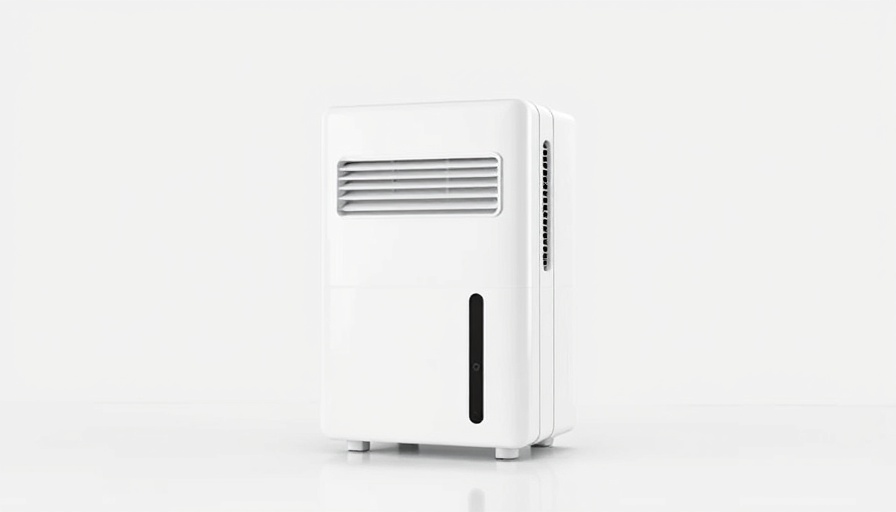
The Necessity of Controlling Humidity in Commercial Spaces
Managing humidity levels in the workplace is crucial not only for employee comfort but also for the protection of assets and equipment. Excessive moisture can lead to mold growth, creating an unhealthy environment that affects productivity and health. Businesses risk costly damages to electronics and inventory if humidity levels are not kept in check. Moreover, too little humidity can result in dry throat, skin irritations, and overall employee discomfort. Therefore, utilizing commercial dehumidifiers is essential for maintaining ideal conditions.
Benefits of Investing in a Commercial Dehumidifier for Your Business
Investing in the right commercial dehumidifier yields numerous benefits that go beyond immediate relief from humidity. Firstly, these devices enhance air quality by eliminating excess moisture that can foster mold and mildew growth. This, in turn, creates a healthier and more inviting atmosphere for both employees and customers. Secondly, commercial dehumidifiers protect valuable equipment and inventory, preventing costly repairs or replacements. For business owners, they also lead to energy savings; many modern units are designed to consume less power over time, improving the bottom line.
Understanding Types of Commercial Dehumidifiers
Choosing between refrigerant and desiccant dehumidifiers is key to finding the perfect match for your business needs. Refrigerant dehumidifiers work well in warmer, more humid environments, efficiently drawing moisture from the air. They tend to be more cost-effective initially but can be noisier and may struggle in cooler locations. In contrast, desiccant dehumidifiers are quieter and excel in low-temperature settings but typically come at a higher initial investment. Assessing your specific environment is crucial in making the right choice.
Factors to Consider When Selecting a Commercial Dehumidifier
There are crucial factors to weigh when selecting a commercial dehumidifier: capacity and energy efficiency. The size of your space and moisture levels dictate the required capacity, which ensures effectiveness. Larger areas may need higher-capacity models to sufficiently reduce humidity. Energy efficiency is another vital consideration; opting for ENERGY STAR certified models can significantly lower long-term operating costs.
Common Myths About Commercial Dehumidifiers
Misunderstandings about commercial dehumidifiers can lead to poor choices. One common myth is that all dehumidifiers serve the same purpose. In reality, the type and capacity must align with your specific requirements. Another misconception is related to energy consumption—many assume that higher power equates to higher operational costs, but many new models are designed for efficiency. Educating yourself on these myths can facilitate better decision-making.
Ultimately, selecting the right commercial dehumidifier entails a measurement of your specific business needs and the unique environmental factors at play. Understanding these components and investing in a quality dehumidification system can lead to improved air quality and a healthier work environment. By taking steps to manage humidity, you not only increase productivity but also protect your valuable investments.
 Add Row
Add Row  Add
Add 



Write A Comment